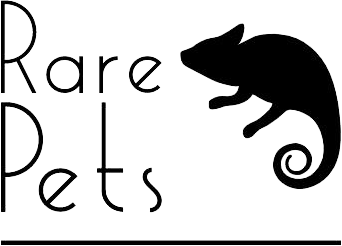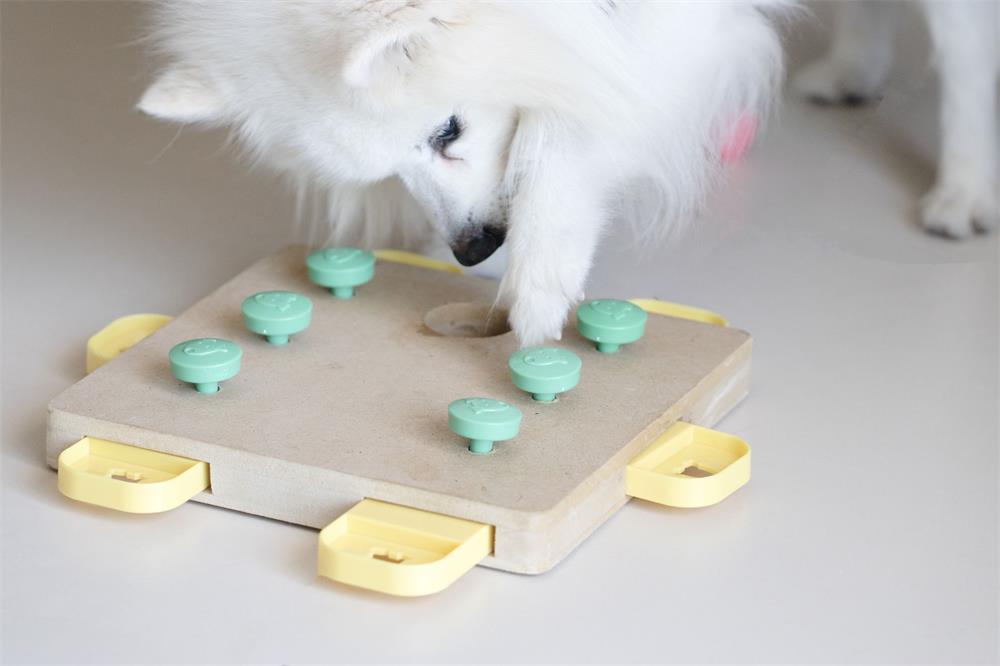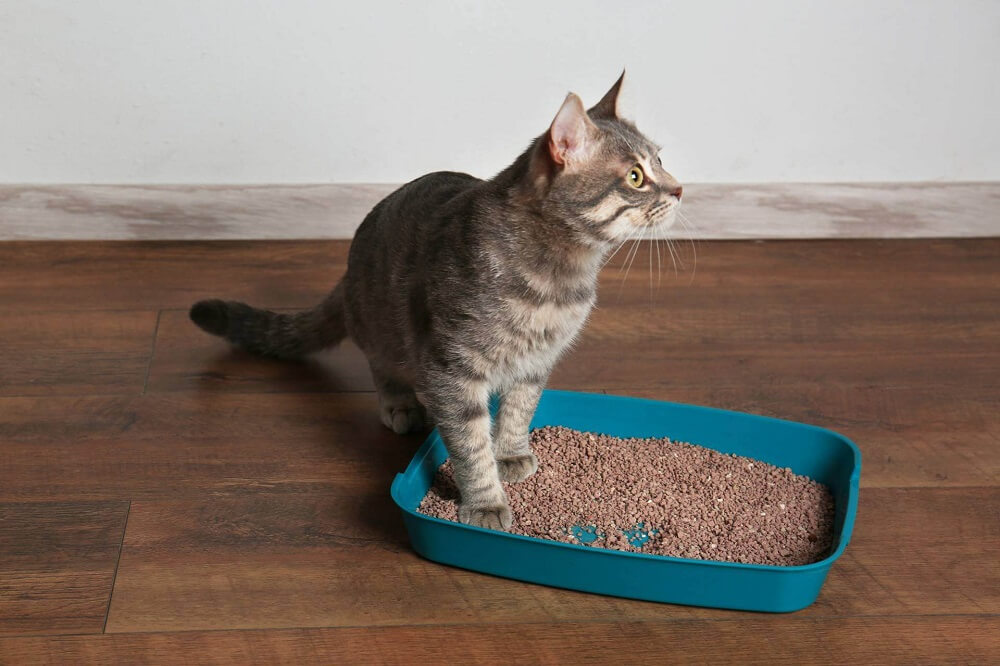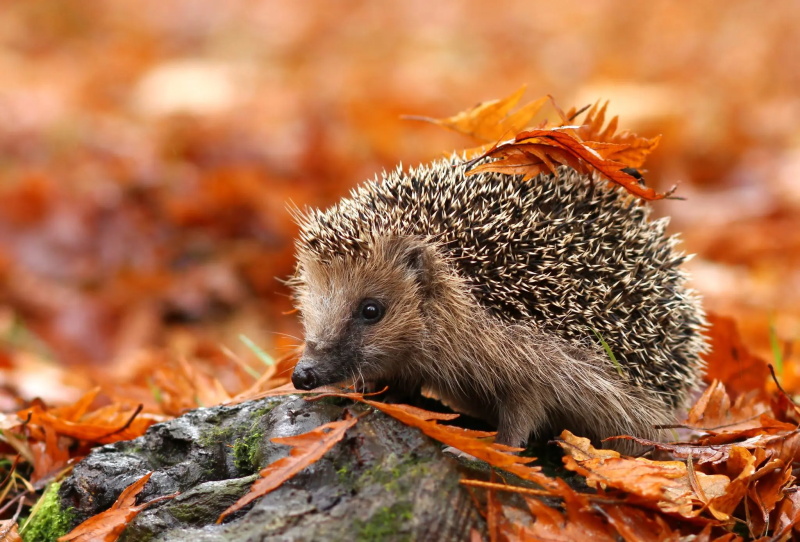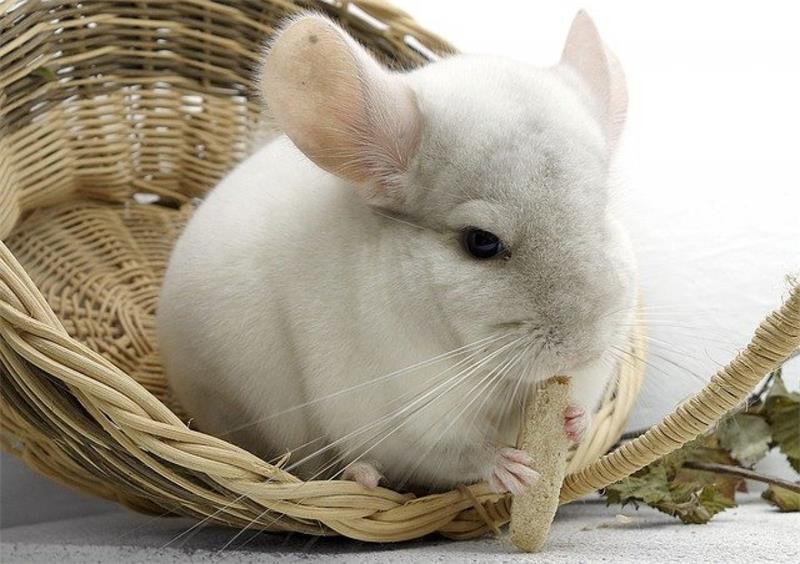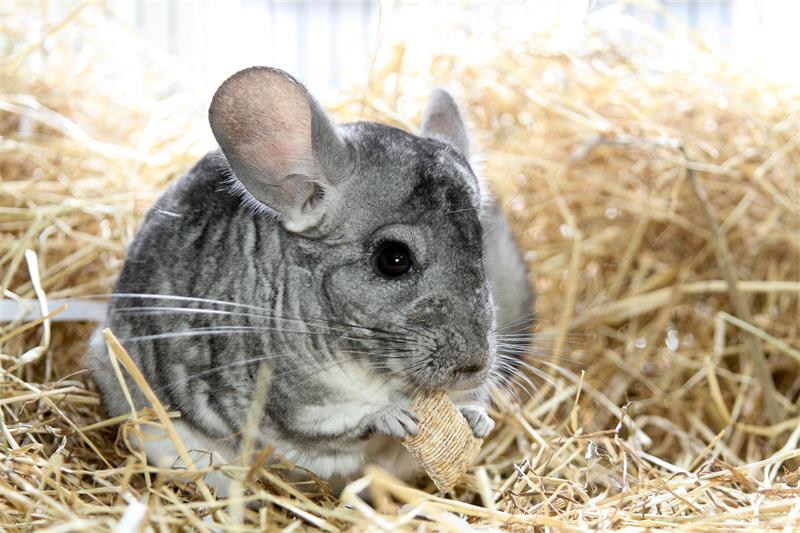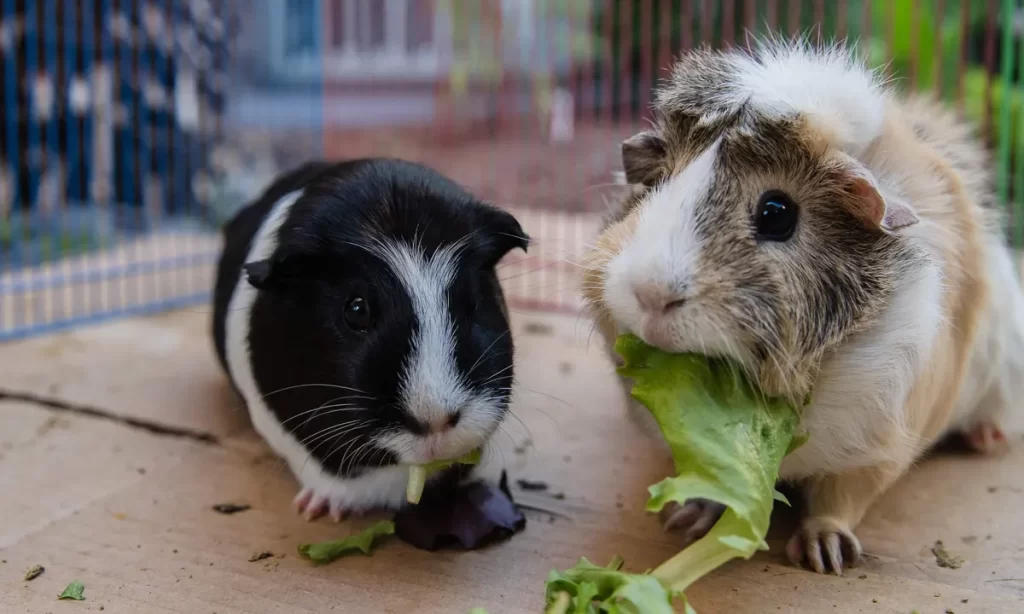
Table of Contents
Guinea pigs are adorable and lovable pets that require a balanced and varied diet to stay healthy and happy. If you are a proud owner of one or more guinea pigs, you may wonder how to plan their meals and what to feed them every day. In this article, we will provide you with some tips and guidelines on how to create a guinea pig feeding schedule that meets their nutritional needs and preferences.
What do guinea pigs need to eat?
Guinea pigs are herbivores, which means they only eat plant-based foods. Their diet consists of four main components:
- Hay: This is the most important part of their diet, as it provides them with fiber, vitamins, minerals, and helps them wear down their teeth. Guinea pigs need unlimited access to fresh and clean hay at all times. The best types of hay for guinea pigs are timothy hay, meadow hay, oat hay, orchard grass, blue grass, and brome grass. Avoid alfalfa hay, as it is too high in calcium and can cause bladder stones.
- Pellets: These are specially formulated food pellets that contain essential nutrients for guinea pigs, such as vitamin C, protein, and fat. Guinea pigs need about 1/8 cup of pellets per day. Choose pellets that are plain and do not contain any added seeds, nuts, fruits, or other ingredients that can be harmful or fattening for guinea pigs. Also, make sure the pellets are fresh and not expired, as vitamin C loses its potency over time.
- Vegetables: These provide guinea pigs with additional vitamins, minerals, antioxidants, and water. Guinea pigs need about 1 cup of mixed vegetables per day, split into two feedings: one in the morning and one in the evening (or whatever suits your schedule). The vegetables should be fresh, washed, and chopped into small pieces. Some of the best vegetables for guinea pigs are leafy greens (such as kale, spinach, lettuce, parsley, cilantro), peppers (any color), carrots, celery, cucumber, zucchini, broccoli. Avoid vegetables that are high in oxalates (such as beet greens), calcium (such as cabbage), or gas-producing (such as cauliflower).
- Fruits: These are treats that should be given sparingly to guinea pigs, as they are high in sugar and can cause obesity and dental problems. Fruits should only be offered 1-3 times a week, in small amounts (such as a slice or a berry). Some of the best fruits for guinea pigs are apples (without seeds), bananas (without peel), strawberries, blueberries, oranges (without peel), kiwi (without skin), pineapple (without core). Avoid fruits that are acidic (such as lemons), starchy (such as potatoes), or dried (such as raisins).
- Water: This is essential for guinea pigs to stay hydrated and prevent urinary tract infections. Guinea pigs need unlimited access to fresh and clean water at all times. The water should be changed daily and the bottle or bowl should be cleaned regularly. Avoid adding any supplements or flavorings to the water.
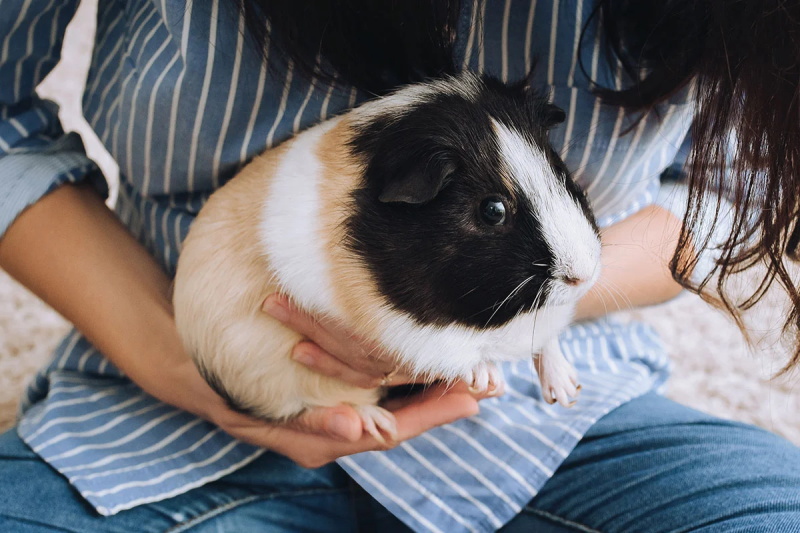
What is the best time to feed your guinea pigs?
Guinea pigs are crepuscular animals, which means they are most active during dawn and dusk. Therefore, it is recommended to feed them around these times. However, you can also adjust their feeding schedule according to your own routine and convenience. The most important thing is to feed them consistently and regularly every day.
A sample guinea pig feeding schedule could look something like this:
- Morning: Offer 1/4 cup of pellets per guinea pig and 1/2 cup of mixed vegetables per guinea pig. Make sure they have enough hay and water available.
- Evening: Offer another 1/2 cup of mixed vegetables per guinea pig. Make sure they have enough hay and water available.
- Throughout the day: Check on their hay and water supply and refill as needed. You can also offer them some treats occasionally, such as fruits or homemade biscuits (see below).
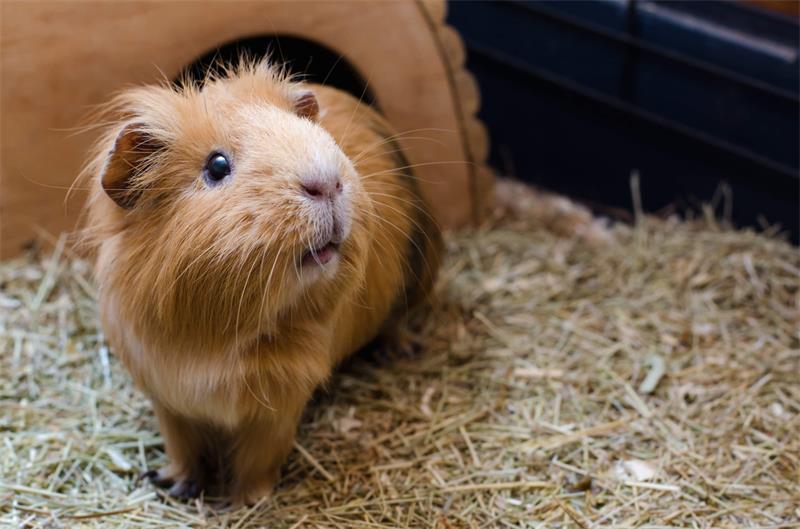
What are some healthy treats for guinea pigs?
Treats are not a necessary part of your guinea pig’s diet, but they can make for a fun reward and bonding experience. However, you should be careful about what treats you give to your guinea pigs, as some can be harmful or fattening for them. Here are some guidelines on how to choose and make healthy treats for your guinea pigs:
- Avoid store-bought treats that contain seeds, nuts, dairy, corn, wheat, or artificial ingredients. These can cause digestive problems, allergies, obesity, or dental issues for your guinea pigs. Some examples of treats to avoid are yogurt drops, seed sticks, popcorn, bread, crackers, cereal, cookies, chocolate, cheese, or milk.
- Limit fruits to a few times a week and in small amounts. Fruits are high in sugar and can cause obesity and dental problems if given too often or too much. You can feed your guinea pigs a wide variety of fruits, but try to remove the seeds when possible. Some of the best fruits for guinea pigs are apples (without seeds), bananas (without peel), strawberries, blueberries, oranges (without peel), kiwi (without skin), pineapple (without core). Avoid fruits that are acidic (such as lemons), starchy (such as potatoes), or dried (such as raisins).
- Make your own treats with natural ingredients. You can whip up some yummy goodies for your guinea pigs with simple ingredients that you may already have at home. Here are some easy recipes for homemade guinea pig treats:
- Cucumber-Melon Biscuits: Mix 1/2 cup of ground guinea pig pellets with blended cucumber and melon. Shape into small discs and bake in a low-heat oven (250-300 degrees) for 30 minutes to an hour, flipping after the first 20 minutes. Cool before serving and store in the refrigerator.
- Sweet & Sour Oat Balls: Mix 1/2 grated green apple with 2 large grated carrots and 1 1/2 cups of rolled oats. Shape into small balls and bake in a low-heat oven (250-300 degrees) for 30 minutes to an hour, flipping after the first 20 minutes. Cool before serving and store in the refrigerator.
- Hay Crumbles: Mix 2/3 cup of leftover hay pieces with 1/3 cup of finely chopped parsley or dill, 1/3 cup of warm water, and 1/3 cup of 100% fruit baby food (apple, pear, etc.). Shape into small pieces and bake in a low-heat oven (250-300 degrees) for 30 minutes to an hour, flipping after the first 20 minutes. Cool before serving and store in the refrigerator.
- Fruit & Veggie Delights: Mix 1/2 cup of ground guinea pig pellets with 1/2 cup of mashed banana, 1/4 cup of chopped cilantro, and 1/4 cup of spinach. Shape into small pieces and bake in a low-heat oven (250-300 degrees) for 30 minutes to an hour, flipping after the first 20 minutes. Cool before serving and store in the refrigerator.
- Festive Cavy Cookies: Mix 1 can of 100% canned pumpkin with diced red, yellow, and green bell peppers. Add some fresh grass or short pieces of hay and 1 cup of rolled oats. Shape into small cookies and bake in a low-heat oven (250-300 degrees) for 30 minutes to an hour, flipping after the first 20 minutes. Cool before serving and store in the refrigerator.
- Always monitor your guinea pig’s weight and health. Treats can add extra calories and sugar to your guinea pig’s diet, which can lead to obesity, diabetes, or other health problems. You should weigh your guinea pig regularly and check for any signs of illness or discomfort. If you notice any changes in your guinea pig’s appetite, behavior, or appearance, consult your veterinarian immediately.
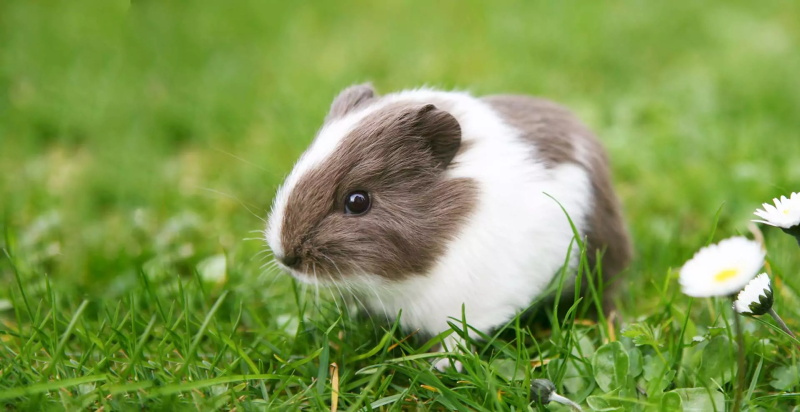
Conclusion
Feeding your guinea pigs a balanced and varied diet is essential for their well-being and happiness. By following a simple guinea pig feeding schedule and choosing healthy treats for your guinea pigs, you can ensure that they get all the nutrients and vitamins they need. You can also bond with your guinea pigs by offering them treats and watching them enjoy their food. Remember to always feed your guinea pigs fresh and clean food and water, and avoid any foods that can harm them. With proper care and nutrition, your guinea pigs will live a long and happy life with you.
